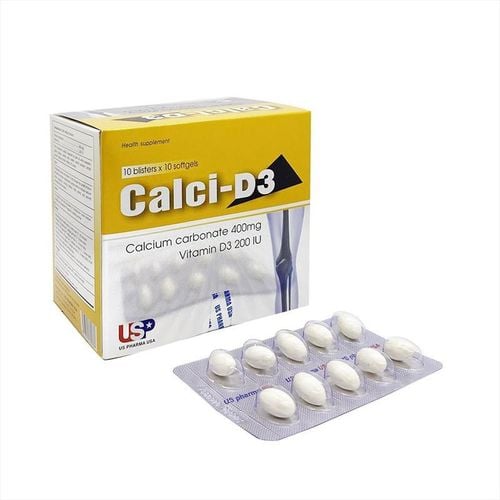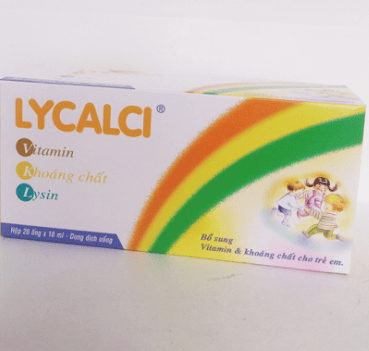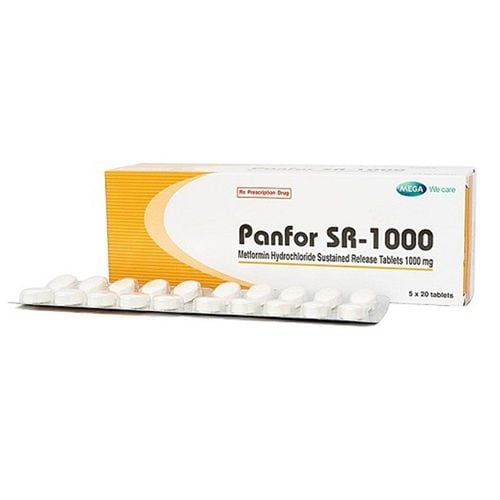This is an automatically translated article.
The article was professionally consulted with Master, Doctor Ngo Thi Oanh - Pediatrician - Department of Pediatrics - Neonatology - Vinmec Ha Long International General Hospital.Severe malnourishment is a very dangerous medical condition related to the growth of the body, which is considered one of the emergency situations where children need to be handled promptly and properly, otherwise they will die. lead to serious complications in children.
1. Severely malnourished children
Malnutrition is defined as a phenomenon where the body cannot continue to grow anymore due to lack of nutrition to nourish the body, thereby reducing the energy supply for activities taking place in the body. The lack of protein and fat in the body necessary for life activities is the most common factor that causes the body to fall into malnutrition. Malnutrition, if not treated early, will have certain effects on weight, height as well as physical development in terms of mental, motor and intelligence of patients, especially pediatric patients. .Regarding epidemiology, according to the World Health Organization (WHO), every year more than 500 million children suffer from malnutrition, of which about 10 million children die from this disease each year. In Vietnam, the rate of malnourished children is still quite high, especially those living in the Central Highlands and mountainous areas in the Northwest.
The cause of malnutrition as well as severely malnourished children is studied because the infection takes place for a long time and is repeated many times, leading to dangerous sequelae, in which have malnutrition. The problem of infection can come from the unsanitary living environment, the patient has infectious diseases, the patient does not perform the vaccination according to the instructions or the medical care has not been received. correct procedure leads to prolonged infection.

Trẻ trẻ suy dinh dưỡng nặng cần được phát hiện sớm và điều trị kịp thời
Clinically, there are many types of malnutrition such as fetal malnutrition with birth weight less than 2500g, may have a decrease in body length or head circumference, and postnatal malnutrition. edema caused by eating too much flour, lack of protein as well as fat and importantly, not being breastfed, malnutrition after atrophy or malnutrition after mixed birth.
Especially, when children with severe malnutrition have very serious and acute signs such as airway disorders, convulsions, coma, dehydration, etc., they need to be treated immediately as soon as they are discovered. these conditions to avoid dangerous complications. Subclinical malnutrition may have signs of hypochromic anemia, decreased total protein in the blood, decreased blood oncotic pressure, and metabolic enzymes such as Phosphatase, Esterase, Amylase or Lipase are also deficient. Patients may have electrolyte disturbances, reduced amounts of sodium, calcium and some other ions in the blood, lack of essential fats in the body such as Lipid, Cholesterol, Triglyceride...
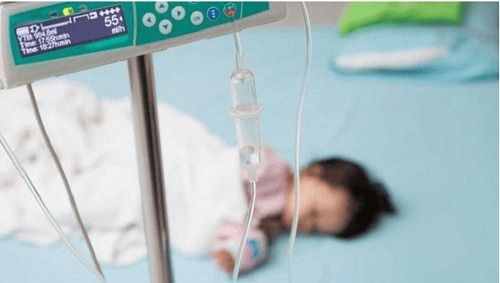
Trẻ trẻ suy dinh dưỡng nặng thường có dấu hiệu mất nước
2. Emergency care in severely malnourished children
In cases of malnutrition, severely malnourished children are an emergency that needs attention, priority and proper procedures. Some notes in the emergency care of severely malnourished children that need to be followed include:For children with severe dehydration and no signs of shock, intravenous fluids are not required. The reason why intravenous fluids should not be given is because this method will lead to overload and heart failure, more dangerously can cause the child to die. Therefore, in these cases, children should be rehydrated orally, using specialized electrolyte replacement solutions for severely malnourished children.
For severely malnourished children with signs such as lethargy, impaired consciousness, decreased skin temperature, prolonged CRT, rapid and mild pulse, it is necessary to treat with intravenous fluids to correct the current disorders. inside the child's body.
Severely malnourished children with signs of shock need special attention for special care and treatment because it is possible that hypovolemic shock and septic shock will occur at the same time, so it is difficult to recognize the condition. this condition clinically. At this time, the child's body may not be able to withstand when a large amount of fluid and salt is infused into the body. Therefore, during the course of resuscitation, it is necessary to continuously observe the condition and response to treatment from the child to stop the infusion as soon as there is an overload.
In addition, vital indicators such as pulse, breathing rate of the child must be monitored from the beginning of the infusion as well as every 5 - 10 minutes thereafter, the rate of infusion in these patients also needs to be slower. and exactly as prescribed by your doctor.
Pay attention to hypoglycemia, hypothermia, severe infections, severe anemia, eye-related problems in children during the examination to promptly intervene and prevent unwanted complications. .
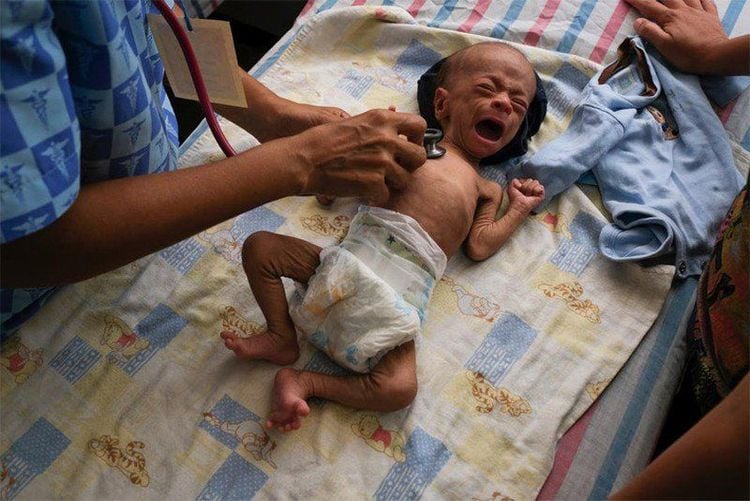
Trẻ trẻ suy dinh dưỡng nặng cần được chăm sóc và điều trị đặc biệt
Severely malnourished children are an emergency that children need to pay attention to and prioritize, especially when children have signs of a serious emergency. First aid for severely malnourished children is a problem that requires proper treatment, based on the experience and observation of the child's body when in an emergency, so it is necessary to choose reputable medical facilities. and has expertise in the field of pediatric first aid.
To prevent and improve malnutrition in children, parents should supplement with supporting products containing lysine, essential micro-minerals and vitamins such as zinc, chromium, selenium, B vitamins to help meet meet the nutritional needs of the child. At the same time, these essential vitamins also support digestion, enhance nutrient absorption, help improve anorexia, and help children eat well. Parents can also apply dietary supplements and functional foods derived from nature for easy absorption by the baby. The most important thing is that the improvement of the baby's symptoms must take place over the long term. Combining many types of functional foods at the same time or changing many types in a short time can make the baby's digestive system unable to adapt and completely not good. Therefore, parents must be really persistent with their children and regularly visit the website vimec.com to update useful baby care information.
Please dial HOTLINE for more information or register for an appointment HERE. Download MyVinmec app to make appointments faster and to manage your bookings easily.




